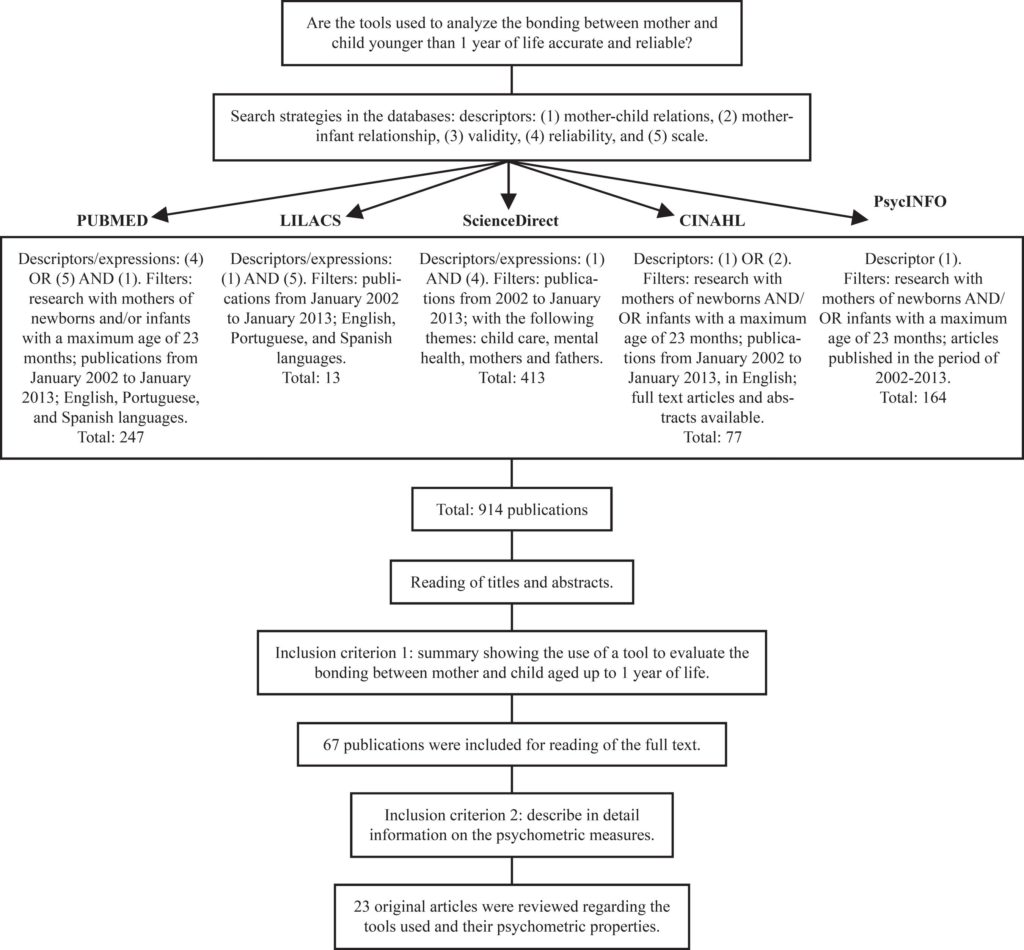Being a father, a mother, a grandfather, a grandmother and, moreover, an effective educator, is not easy, every child comes into this world with their own needs that must be met, with virtues to value and emotions to encourage, guide and develop. .
Educating isn’t just teaching kids to read or show how they can do their research work for school with the computer. Being a parent is not giving your kids a mobile phone on their birthday, or making sure we put their seat belts on each time. get in the car. It’s much more than that.
- Educating is also know-how? And.
- At the same time.
- Saying “Yes” with one glance.
- Because educating is not only forbidden.
- But opening our hearts to our children and strengthening every day the emotional bond we have with them.
- Implying that we are together at every moment.
- Time to bring them maturity as happy and capable people.
However, in some situations, although we know the theory, we do not apply it in practice. In addition to parents, we are also a couple, employees, entrepreneurs or people who want to change jobs and who, finally, still want to achieve new career goals, all this happens concurrently in our daily lives and, without knowing how, we begin to make mistakes in the education of our children.
If you’re a parent, will you remember your childhood and definitely know what you enjoy most and always value?or what he lacked most in his childhood. If your childhood hasn’t been especially happy, you’ll understand what aspects have broken this emotional bond with your parents, those mistakes that shouldn’t be repeated under any circumstances with your children.
Let’s talk about it
Children also talk and ask a lot. They surprise you with a thousand questions, countless doubts and hundreds of comments in the most inopportune moments. They want to know, they want to experiment, they want to share and they want to understand everything that happens before them.
Be very clear that if you tell them to shut up, if you force them to remain silent, or if you don’t hear their words, responding harshly or harshly, in the short term it will cause the child to stop being sane. . ‘ address to you. And he’ll do it by favoring his own spaces of solitude, behind a locked door that he won’t want you to walk through.
Many parents associate the word education with punishment, prohibition, firm and rigid authoritarianism in which everything is imposed and all mistakes are punished; this type of educational behavior results in a very clear lack of self-esteem in the child, insecurity and, at the same time, a breakdown of the emotional bond with the child.
If we punish, we don’t teach. If I just tell the child everything he does wrong, he’ll never know how to do things right, I don’t give him any action or strategy, I just humiliate him, and all this will lead me to anger, resentment and insecurity. Always avoid this attitude.
Few things can be more destructive than comparing one brother to another or one child to another to ridicule, to make him understand his weak abilities, his flaws, his little initiative. Sometimes a mistake many parents make is talking aloud. children as if they didn’t listen to them.
“My son is not as smart as yours, he is slower, what can you do?” Expressions like these are painful and generate in them a negative feeling that will provoke not only hatred towards their parents, but an inner feeling of inferiority. .
We will not address physical violence here, because we believe that there is no worse way to break the emotional bond with a child than to commit this unforgivable act.
But we must be aware that there are other types of abuse that are implicit, almost equally destructive, such as psychological abuse, in which the child’s personality, self-image and self-confidence are completely ruined.
There are parents who don’t know how to address their children differently, always screaming. Raising your voice for no reason causes a state of euphoria and ongoing stress in children; they don’t know what to trust, they don’t know if they’ve done anything right or wrong. Continuous crying infuriates and hurts, as there are no dialogues, only orders and criticisms.
You have to be very careful in these fundamental aspects. Not listening, not speaking and not being open, understanding or overlapping sanctioning dialogue are ways to gradually keep children away from us. They will see us as enemies to defend ourselves against and we will cut off the emotional connection with them.
Educating is a lifelong adventure in which no one is a true expert, yet it is enough to rely on the pillars of understanding, benevolence and a healthy attachment that bring maturity and security to that person who is also part of you.

